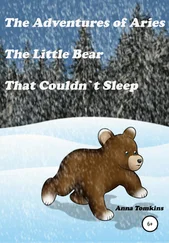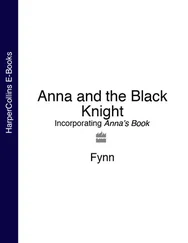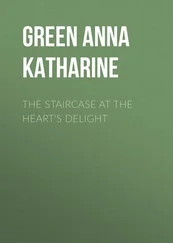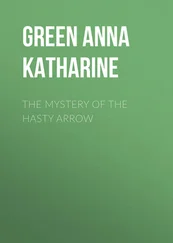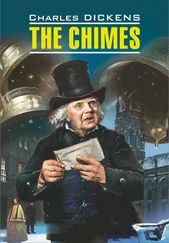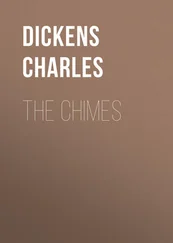Then music, the mosaic of the air,
Did of all these a solemn noise prepare:
With which she gained the empire of the ear,
Including all between the earth and sphere.
Andrew Marvell
Manual Signs of Tone in Key


I’ve been standing here forever. My arms and legs and head and even my bones are heavy with sleep. Clothes heavy with the rain that won’t stop falling. Shoes heavy with mud. My roughcloth bag is slung over my shoulder and it jostles against my leg as I shift from side to side to keep warm. It’s heavy too, weighted with objectmemories. The ones I’ve decided to take.
Deep in the drilled-in mud of the fields behind me, our bulbs are wrapped in their brittle skins with their messages of colour stored inside. Blue iris, yellow crocus, tulips of all colours. I won’t be here to see them open. Longcup, double trompet. Daffs with the flowers in papery bunches and their smell of pepper like the air as it is just before Chimes.
Along the horizon, the fields are lines of grey that get darker as they reach the sky. I stare at them hard to make a picture I can take, but it’s only objectmemories you can trust in the end. And I’m carrying those in the bag already. You can’t force them to flower either. Like bulbs, they show their secrets in their own time.
A trader rides past. A handful of farmworkers cross the fields to the neighbouring farm. A swagman sings the there-and-back of his day’s journey, a song whose cadence closes at our village square. All journeymen, lighting their way through near distance with a day’s tune. Most people won’t venture further than a day — tarry longer from home, and the memories kept there, and risk losing the melody back.
At last a horse and cart come to a stop. ‘Whoa,’ says the carter and the horse blows steam. The cart is covered in a big tarp, and the carter sits up front and says nothing, just jerks his head to show ‘get up’. He waits there while the horse stamps.
When I’m sat in the back with the wool bales, he takes an old burberry from his shoulders and passes it. I’m wet through. I gather the burberry over my shoulders, and to save speech I sign the solfege for ‘thank you’. He shrugs to say it’s nothing. Then he shrugs two more times, not from choice, I realise, but because his muscles are dancing. I look away from that. The stink of woolfat is strong and I bury my nose in the sleeves of the burberry.
‘How far are you headed?’ he asks.
‘Into the city,’ I say. ‘Or close as you’re bound.’
‘You going in to be prentissed?’
I shake my head. ‘I’m going in to trade.’
He studies my farmclothes and my single roughcloth bag and is tacet awhile. ‘And a ride back?’ he says. ‘You’ll be looking for one, I suppose?’
I meet his look and there’s nothing in my eyes. I don’t need a ride back. I have a name and a song to find, a thread to follow. But it’s not something to share. With my gaze I dare him to ask again, but he turns to the front and hitches the reins. We go forward and the cart’s bumping goes through me.
‘I’m bound for Leadenhall. I can set you down where you want. But take my advice and get prentissed soon as you can. Instrument makers are always on the lookout for young fingers.’ He flexes his own hands, cracks his knuckles. His head jerks rough again on his neck. ‘Don’t wait too long,’ he says.
I keep my eyes fixed on the road ahead.
Around one toll after Sext we set down in Romford, where the carter buys lunch of cheese, bread, dried blood sausages. He spears one, passes it to me. I eat presto, like I don’t remember my last meal. Then we are back on the A-road, straight as a viol string stretched under the sky. The further we go, the wider the road and the thicker the knots of people. And with each step closer the city’s music grows.
At first it’s just the shouts and calls of song from traders. Then there are driving bursts of melody from highboy, viol, clarionet. We trot in past blankfaced buildings with hollow windows and buckled mettle and narrow cobbled streets. Music spills from the living quarters above shops, spins up from groups of musicians standing in door frames. Trompets send out brassy martial calls along the roof turrets. Viols speak with voices high and yearning and full of ache like human song. And under it all is the hard horsehoof beat of tambors. It grows and grows in a vast crescendo.
The carter looks at me with my mouth hanging open. I am gobsmacked. My face is up and ears peeled in what? Joy? Amazement? I know I have been to London for trade before. I had forgotten this.
The whole city is talking in music.
We move through the crowded streets. I turn side to side as if I could hear it all, but the melodies move presto and the meanings slip past. At home those four notes strung together mean one thing, but here the tune’s words play a kind of trick on the meaning, pull against the notes so it says something else altogether.
After a while my ear begins to hold the tunes in my head long enough to unpick them. The official conversations are loudest — roll calls for choir and orkestra rehearsals, poliss warnings, the announcement of a funeral mass. Below those are striding public conversations — calls for new prentisses, invites to buy food or beer. Then threading through narrow and low are the in-between melodies. The songs people sing piano to their loved ones, calling to their minds the good things of home and reminding them of the streets to take to get there. A woman’s voice makes me lift my head. It’s a song for a child, a simple lilted lullaby, and the sweetness of it hits me hard and for a while I can’t move. I see the carter look at me again as I sit there with my face raised and eyes wet, and I shrug the burberry up, turn away.
And that’s when I hear something else. Deep under the soundfabric of the city, somewhere to the south — a voice of silver announcing itself. Like a hole of silence down there, a rip in the hubbub. I do not understand what it means. And voice is not the right word, either, as voice is sound. What I hear is the absence of sound, its opposite. The carter does not remark it, though, so I do not ask.
It’s long past None when the horse pulls to a halt and the carter turns to say he’s going into the small streets now to visit his daughter before market tomorrow and do I want to get down? In where he points the houses grow close together. Their roofs are red tile. I nod. But I am tacet.
‘Remember. Find a prentisship,’ he says. ‘Don’t wait too long.’
When I go to give him back the burberry, he shakes his head. ‘Keep it,’ he says. He sketches the formal solfege for ‘farewell’ in the air as well. ‘And keep your memories close.’
I hear the common phrase for what it is: a warning.
Alone with my bag of memories and the burberry, I move through the crowds of traders and prentisses. On the street’s north side, I pass an enormous white crosshouse with its crushed mettle dome open like a mouth to the sky. I repeat the two things I have to hold to, the ones my mother gave me. A name and a humdrum, homely melody. A stranger’s name — Netty. A melody that has in it the sound of food cooking, water bubbling.
Shops and people, trades and secrets. A tune for all of them. A special price today for blue linen. Best-quality clarionet reeds. Tarp hoods for rain. Pennywhistles. Oranges. And all I’ve got is the name and the song. No placename, nothing with directions in it. And no idea how I’m meant to find one solo melody in the midst of all this din.
Читать дальше
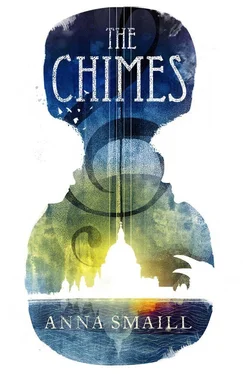



![Чарльз Диккенс - Колокола [The Chimes]](/books/395589/charlz-dikkens-kolokola-the-chimes-thumb.webp)


